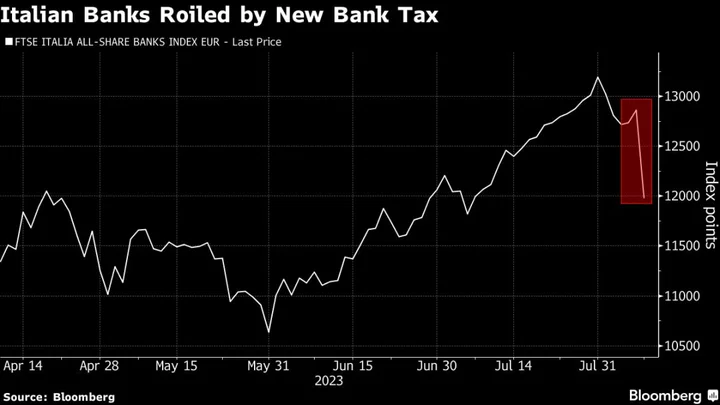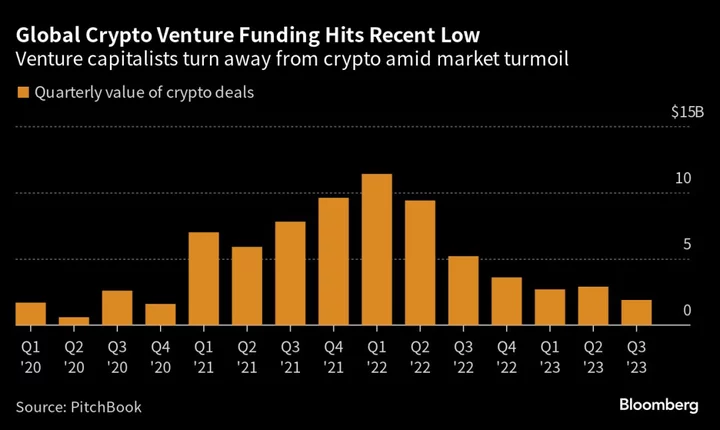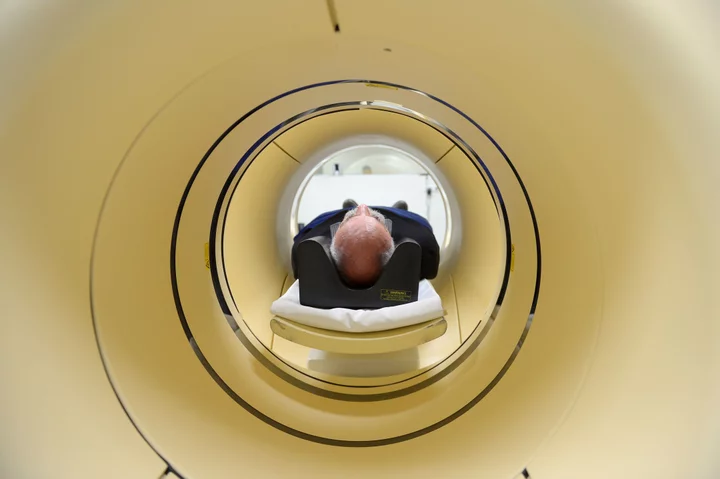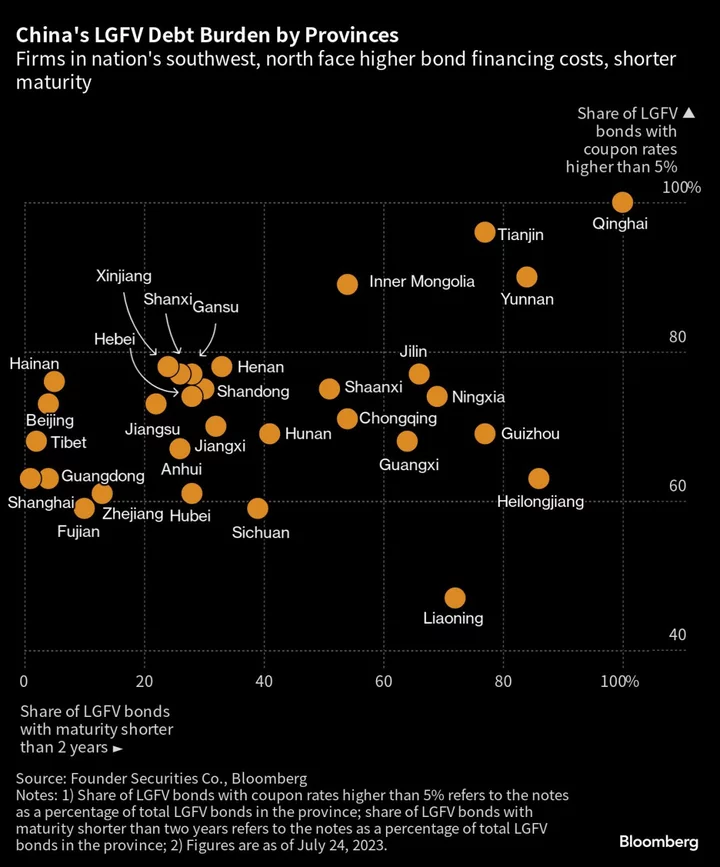Italy’s right-wing government spooked markets with an unexpected tax on banks’ windfall profits, sending the country’s leading lenders down in Milan trading at the opening.
Italian banks were the worst performers among European stocks, leading declines on the Stoxx Europe 600 Index on Tuesday, with shares in UniCredit SpA down as much as 6.7% and those in Intesa Sanpaolo SpA down about 8.6%. Italy’s FTSE MIB benchmark was down 2.1% as of 9.23 a.m., leading declines in Europe.
Blaming a string of interest rate hikes by the European Central Bank, Giorgia Meloni’s administration approved the surprise tax at a cabinet meeting Monday night. It provides for “40% withdrawal from banks’ multi-billion euro extra profits” for 2023 to finance tax cuts and support for mortgages for first-time owners, deputy Prime Minister Matteo Salvini told reporters.
Antonio Tajani, also a deputy premier, pointed the finger at the ECB on Tuesday. “We have been saying for months the ECB was wrong to raise rates and this is an inevitable consequence,” Tajani told newspaper Corriere della Sera.
The move comes shortly after Italian banks unveiled a bumper set of earnings with Intesa and Unicredit raising their full-year guidance for the second consecutive quarter on the back of the ECB’s rapid policy tightening. Net interest income at UniCredit, for example, surged 42% in the first half.
It matches a similar pattern across Europe, with lenders unveiling a wave of share buybacks as they continue to benefit from higher interest rates and performed well in stress tests. But the backlash is growing against a backdrop of a cost of living crisis.
A spokesman for UniCredit declined to comment on the new levy, while Intesa’s representatives weren’t immediately available for comment.
The tax will have a 19% impact on bank earnings, Citi analysts wrote in a note. “We see this tax as substantially negative for banks given both the impact on capital and profit as well as for cost of equity of bank shares,” Citigroup Inc. analysts led by Azzurra Guelfi wrote in a note. “The new simulated impact is also higher than the simulation we ran in April.”
What Bloomberg Intelligence Says:
Italian lenders’ 2023 net income could be cut about 10% we calculate, by a proposed extraordinary tax on their “extra profits” this year, meant to raise about €2 billion, according to Ansa newswire. From Banco BPM to UniCredit, Italian banks’ net income 2023 estimates had risen 36% in the past six months. There’s a risk the tax could be extended beyond 2023, despite lenders’ net interest income peaking.
— Lento Tang, BI banking analyst. For full note, click here.
The tax could bring Italy over €2 billion ($2.2 billion), Luigi Tramontana, an analyst at Banca Akros, wrote in a note. “We estimate an average impact of 7% on the EPS of the Italian banks under coverage,” he wrote.
Newspaper Il Messaggero reported Tuesday that the government will choose between two options.
It will either impose a levy of 40% of the difference between net interest income in 2022 and 2021, exceeding 3%, or of the difference in net interest income between 2023 and 2021, exceeding 6%, Messaggero said. The government will select the highest amount. The tax cannot exceed 25% of the bank’ shareholders equity.
In the UK, banks have faced accusations of “profiteering,” as rising interest rates boost their lending margins more than their savings offers while heaping pressure on customers. Last month, the UK financial regulator told banks to speed up efforts to improve access to their best savings rates. Some opposition politicians are raising the idea of more windfall taxes in the wake of an ongoing cost-of-living crisis.
Spain first outlined plans for a temporary tax on bank revenues last year to raise funds to help offset a cost-of-living crisis.
Measures to raise taxes on commercial banks after rate hikes prompted larger profits are also being considered by some Baltic countries. Lithuanian lawmakers in May backed a temporary windfall tax on banks to finance defense spending. Estonia plans to raise the tax level on banks to 18% from 14% as part of a series of tax measures to narrow the budget deficit, and Latvia may follow.
--With assistance from Tom Metcalf, Tommaso Ebhardt and Thyagaraju Adinarayan.
(Updates with details, context from second paragraph)









